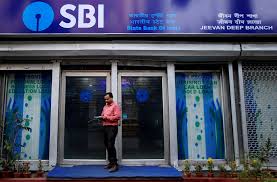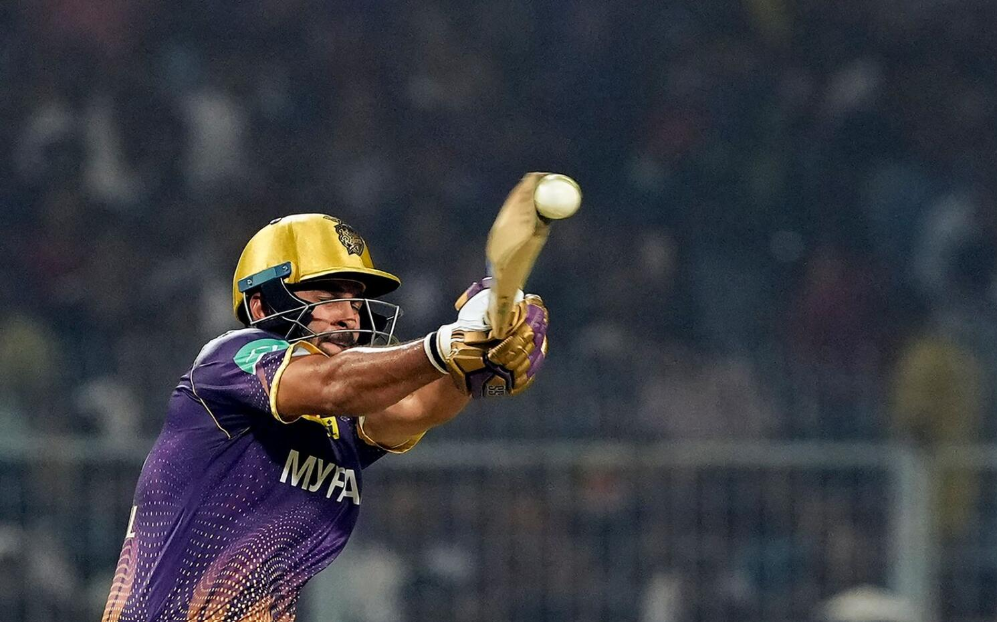
In a landmark verdict on Thursday, the Supreme Court of India overturned the existing practice of appointing election commissioners and ordered that appointments be made on the advice of a panel consisting of the Prime Minister, the Chief Justice of India, and the leader of the Opposition. The court’s decision effectively means that the appointment of the Chief Election Commissioner (CEC) and election commissioners will now be made on similar lines to the appointment of the director of the Central Bureau of Investigation, and a law will need to be passed by Parliament to alter this practice.
The Constitution Bench, comprising Justices K M Joseph, Ajay Rastogi, Aniruddha Bose, Hrishikesh Roy, and C T Ravikumar, declared that the appointment of the Chief Election Commissioner and the Election Commissioners shall be made on the recommendations of a three-member committee consisting of the Prime Minister, the leader of the Opposition in the Lok Sabha, or, in the absence of such a leader, the leader of the largest opposition party in the Lok Sabha in terms of numerical strength, and the Chief Justice of India. The new practice would continue until a law was passed by Parliament.
Presently, the President appoints the election commissioners on the advice of the Union Council of Ministers, which is headed by the Prime Minister, for tenures of six years, or up to the age of 65 years, whichever is earlier. However, there is no specific legislative process for appointments to the ECI.
The court passed its order on petitions seeking a new process of appointment of members of the Election Commission of India (ECI). The bench noted that several political parties had come to power, but none of them had framed a law or process for appointments to the ECI. The bench emphasised the independence of the poll panel and said that a person who is weak-kneed before the powers that be cannot be appointed as an election commissioner. It added that an independent person cannot be biased and that the ECI is duty-bound to act in a fair and legal manner and abide by the provisions of the Constitution and the directions of the court.
Justice Rastogi said that the grounds for the removal of election commissioners should be the same as those of the CEC. It should be on like grounds as those of a Supreme Court judge and subject to the recommendation of the CEC under the second provision of Article 324(5) of the Constitution.
In earlier hearings, one of the suggestions made before the court was forming a collegium comprising the Prime Minister, the Chief Justice of India, and the leader of the Opposition to select election commissioners. The court had said that the appointment of election commissioners should be “above politics”.
In the last hearing in November, the bench questioned the Union government for clearing the appointment of Arun Goel as one of the election commissioners at a “lightning speed” when the case was sub judice. The Constitution bench told the Attorney General of India to produce documents related to Goel’s appointment.
The matter was referred to the Constitutional bench after a division bench of the apex court said there was a need to take a closer look at the interpretation of Article 324 (powers and responsibilities of ECI).
Former CEC S Y Quraishi welcomed the verdict, tweeting: “At last, the Supreme Court has clinched it. The demand has been pending for two decades. Good for the perception of neutrality of the Election Commission.”
Trinamool Congress leader Mamata Banerjee also welcomed the decision, saying: “The Supreme Court’s landmark order is a democratic victory! We welcome the decision of the Constitution Bench on the appointment of Election Commissioners and Chief Election Commissioner. The will of the people prevails over the ill-fated attempts of the oppressive forces.”









